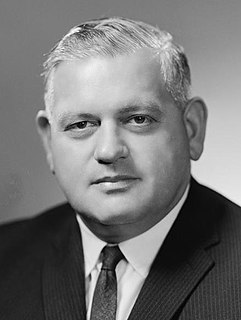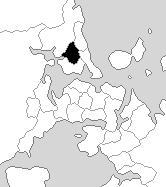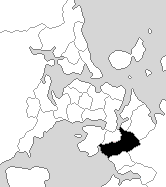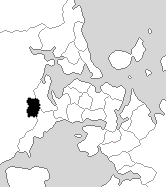Related Research Articles

The New Zealand general election of 1972 was held on 25 November to elect MPs to the 37th session of the New Zealand Parliament. The Labour Party, led by Norman Kirk, defeated the governing National Party.
Ashburton was a New Zealand electorate, first created in 1881 and centred on the South Island town of Ashburton.

Selwyn is a current electorate in the New Zealand House of Representatives, composed of towns on the outskirts of Christchurch city. The electorate was first formed for the 1866 election and has been abolished three times during its history. It was last re-established for the 2008 election and has been held by Nicola Grigg for the National Party since the 2020 election.

Rangitata is an electorate in the South Island of New Zealand. It first existed for two parliamentary terms in the late 19th century and was re-established for the 2008 general election. It largely replaced the Aoraki electorate, but included parts of the Rakaia electorate as well.
Hauraki is a former New Zealand parliamentary electorate, from 1928 to 1987 and 1993 to 1996. In the 1987 general election it was renamed Coromandel, the name that had been used from 1972 to 1981. In 1993 it reverted to Hauraki, but became Coromandel again for the first MMP election in 1996.

Panmure is a former New Zealand parliamentary electorate in the southern suburbs of the city of Auckland, from 1984 to 1996. In the four parliamentary terms of its existence, it was first represented by Bob Tizard of the Labour Party, and then by his daughter Judith Tizard.
Otahuhu is a former New Zealand parliamentary electorate in the southern suburbs of the city of Auckland, from 1938 to 1963, and then from 1972 to 1984.
King Country was a New Zealand parliamentary electorate. It existed from 1972 to 1996 and was represented by Jim Bolger of the National Party for those 24 years.
Kapiti was a New Zealand parliamentary electorate, from 1972 to 1996. A bellwether electorate, it frequently changed between National and Labour.

Glenfield was a New Zealand parliamentary electorate for four terms, from 1984 to 1996. It was represented by two members of parliament, first Judy Keall of the Labour Party, and then Peter Hilt of the National Party. Hilt defected to United New Zealand in 1995.

Otara was a New Zealand parliamentary electorate in Auckland, from 1984 to 1996. It existed for four parliamentary terms and was represented by three members of parliament, two from Labour and one from National.
Fendalton is a former New Zealand parliamentary electorate. It existed during two periods between 1946 and 1996. The electorate was in the western suburbs of Christchurch, New Zealand. Fendalton is an expensive suburb, and was always represented by the National Party.
Tasman is a former New Zealand parliamentary electorate, from 1972 to 1996.
West Coast is a former New Zealand Parliamentary electorate, from 1972 to 1996.
Tongariro is a former New Zealand parliamentary electorate, from 1984 to 1996. During the four parliamentary terms of its existence, it was represented by three members of parliament.
Ruahine is a former New Zealand parliamentary electorate, from 1972 to 1978.
West Auckland is a former New Zealand parliamentary electorate on the western outskirts of Auckland, created for the 1984 election from part of the former Helensville electorate. The electorate was abolished for the 1993 election, and split between Henderson and Waitakere electorates.

Henderson is a former New Zealand parliamentary electorate, from 1969 to 1978 and then from 1993 to 1996.
South Canterbury is a former parliamentary electorate, in South Canterbury, New Zealand. It existed for three parliamentary terms from 1969 to 1978.
Ellesmere was a parliamentary electorate in the Canterbury region of New Zealand. It existed for two periods between 1861 and 1928 and was represented by six Members of Parliament.
References
- McRobie, Alan (1989). Electoral Atlas of New Zealand. Wellington: GP Books. ISBN 0-477-01384-8.
- Wilson, James Oakley (1985) [First ed. published 1913]. New Zealand Parliamentary Record, 1840–1984 (4th ed.). Wellington: V.R. Ward, Govt. Printer. p. 266. OCLC 154283103.
- Norton, Clifford (1988). New Zealand Parliamentary Election Results 1946–1987: Occasional Publications No 1, Department of Political Science. Wellington: Victoria University of Wellington. ISBN 0-475-11200-8.